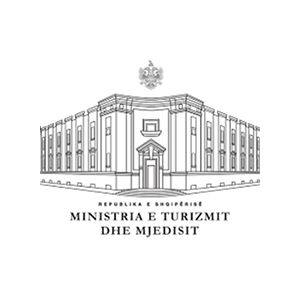Working Subgroup for Industrial pollution control
The directives included in this chapter are related to the limitation of emissions of volatile organic compounds due to the use of organic solvents in certain paints and varnishes and vehicle refinishing products (Directive 2004/42/EC), on the voluntary participation by organisations in a Community eco-management and audit scheme (EMAS) (Regulation (EC) 1221/2009), on industrial emissions (Directive 2010/75/EU), on the control of major-accident hazards involving dangerous substances (Directive 2012/18/EU), on the limitation of emissions of certain pollutants into the air from medium combustion plants (Directive (EU) 2015/2193).
- Directive 2004/42/EC on the limitation of emissions of volatile organic compounds due to the use of organic solvents in certain paints and varnishes and vehicle refinishing products has as the main objective to limit the total content of VOCs in certain paints and varnishes and vehicle refinishing products in order to prevent or reduce air pollution resulting from the contribution of VOCs to the formation of tropospheric ozone. The Directive regulates the technical specifications for certain paints and varnishes and vehicle refinishing products.
- Regulation (EC) 1221/2009 on the voluntary participation by organisations in a Community eco-management and audit scheme (EMAS), repealing Regulation (EC) No 761/2001 and Commission Decisions 2001/681/EC and 2006/193/EC. EMASaims to create a Community eco-management and audit scheme which allows voluntary participation by organisations located inside or outside the Community. EMAS promotes continuous improvements in the environmental performance of organisations by establishment and implementation of environmental management systems.
- Directive 2010/75/EU on industrial emissionsapplies to the operations-installations from different industrial sectors and introduces set of rules in order to prevent, reduce and as far as possible eliminate pollution arising from industrial activities in compliance with the ‘polluter pays’ principle and the principle of pollution prevention. Operations of the installations shall be based on the best available technology (BAT) which is developed for specific industrial sectors.
- Directive 2012/18/EU on the control of major-accident hazards involving dangerous substanceslays down rules for the prevention of major accidents, which involve dangerous substances, and the limitation of their consequences for human health and the environment, with a view to ensuring a high level of protection throughout the Union in a consistent and effective manner.
- Directive (EU) 2015/2193 on the limitation of emissions of certain pollutants into the air from medium combustion plantsaims to reduce and regulate the emissions on combustion plants with a rated thermal input equal to or greater than 1 MW and less than 50 MW (‘medium combustion plants’), irrespective of the type of the fuel they use. This Directive shall also apply to a combination formed by new medium combustion plants of two or more combustion plants, including a combination where the total rated thermal input is equal to or greater than 50 MW.




